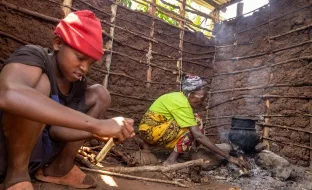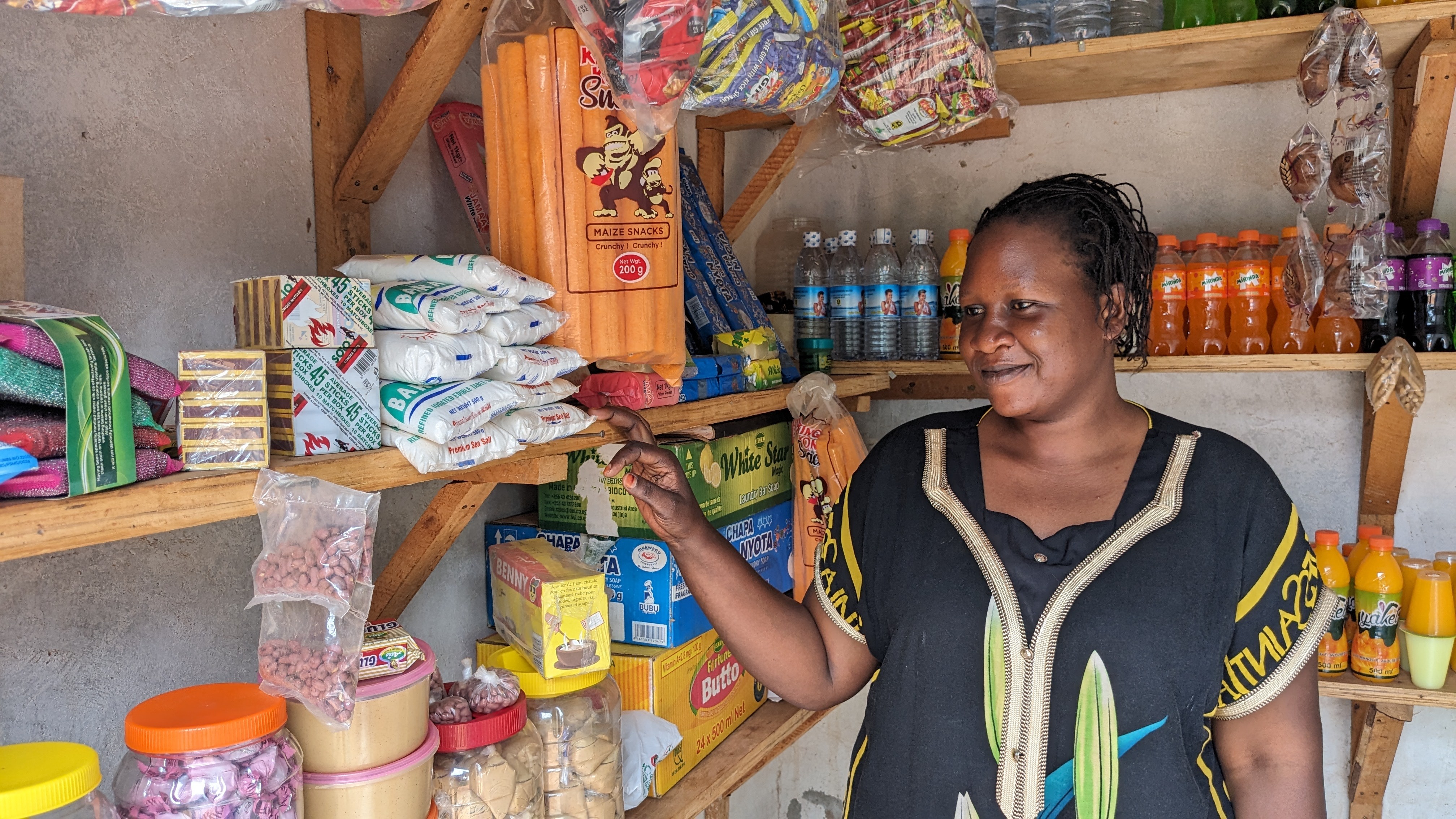In an interview with Hamilton Nolan, GiveDirectly’s co-founder discusses the current state of the debate around basic income and the details of our experiment. Elsewhere, GiveDirectly’s basic income experiment was referenced in Fortune, Business Insider, and IndiaSpend, and GiveDirectly was mentioned in The Washington Post as part of a broader shift toward cash transfers in the aid sector.
GIVEDIRECTLY IN THE NEWS
1. What if philanthropy isn’t the best way for rich people to help others?
Washington Post, Ben Soskis, June 30, 2017
A century ago, charity’s “indiscriminate” nature was considered one of its greatest liabilities. Yet cash transfers are effective not because they are radical acts of solidarity but because they address perverse incentives in welfare systems. And though research is not yet available on the long-term effects of direct cash transfers (the charity GiveDirectly has begun a 12-year basic-income study in Kenya that should tell us more), we have enough evidence of positive short-term results — including increased school attendance, improved health measures, and higher savings and investment — to suggest that they might sit “at the intersection of urgent need and lasting impact.” Both the former U.N. secretary-general and the International Rescue Committee have called for shifting toward more cash transfers.
2. Why Free Money for Everyone Is Silicon Valley’s Next Big Idea
Fortune, Clay Dillow, Brooks Rainwater, June 29, 2017
A similar pilot—the one funded in large part by Omidyar of eBay—began in October in Kenya. It will give 6,000 people across 40 villages 2,280 shillings per month—about $22—for a full 12 years (another 11,500 people across an additional 80 villages will participate in a shorter trial). The Kenya effort aims to be the largest, most extensive basic income trial to date. While it’s too new to have produced conclusions, there’s already evidence that recipients, formerly impoverished, have used the cash to buy motorbikes, livestock, fishing nets, and other vehicles of economic empowerment.
3. How to Give Poor People Money In Order to Save the World
Splinter, Hamilton Nolan, June 27, 2017
Paul Niehaus is the cofounder and president of GiveDirectly, a direct cash transfer program rated as one of the most effective anti-poverty charities in the world. He is currently putting together the largest basic income experiment ever designed. We spoke to him about the politics and perils of changing how the world helps the poor.
4. Basic Income Could Empower Millions Of Indians, But India May Find Cost Too High (archive link)
IndiaSpend, Shreya Shah, June 24, 2017
If you can reliably get cash to people, it is one of the most effective interventions to improve people’s lives,” said Paul Niehaus, professor of economics at the University of California, San Diego, and co-founder of GiveDirectly, an organisation which advocates giving cash to the poor. “But the debate (over UBI) is occurring in a vacuum, and there is a need for hard facts and rigorous evidence on the long term effects of a UBI.”
5. A $15,000 basic income lottery promised free money for a year — then the checks stopped coming
Business Insider, Chris Weller, June 22, 2017
In Kenya, for example, the charity GiveDirectly is running a trial version of basic income with around 200 recipients. Later this year, it will launch a 12-year experiment involving 6,000 people. GiveDirectly sends people their cash via mobile phones. This wouldn’t happen in wealthier countries, Pugh said, because people have different kinds of bank accounts that all have their own transfer rules.
CASH TRANSFERS IN THE NEWS
6. Kenya to roll out cash transfer program for elderly
News Ghana, June 29, 2017
Kenya, which launched Older Persons Cash Transfer Program (OPCT), has been paying people aged 65 and above 20 U.S. dollars per month that translates to 130 million dollars. The government has increased the kitty to dollars 210 million to enhance and expand the existing OPCT into a more inclusive program that provides transfers to all older persons aged 70 years and above. The 500,000 additional older persons will join the 324,000 Older Persons that are already benefitting from cash transfer.
7. Nigeria Rolls Out $2 Billion Brazil-Like Social-Welfare Plan
Bloomberg, David Malingha Doya, June 21, 2017
Nigeria is rolling out its first national social-welfare program modeled partly on Brazil’s Bolsa Familia in a bid to boost a weak economy and curb poverty by giving cash to its poorest citizens and ensuring their children go to school. The government of Africa’s most-populous nation is investing 500 billion naira ($1.5 billion) in the initiative this year and is talking to the World Bank about a $500 million loan, Minister of State for Budget and National Planning Zainab Ahmed said in an interview in the capital, Abuja. Launched in December, the program is initially targeting about 1 million households starting in eight of Nigeria’s 36 states. The government expects that reducing poverty will have a knock-on effect for the rest of the economy, she said. .
BASIC INCOME IN THE NEWS
8. Ontario taking registrations for basic income forum in Thunder Bay, Ontario
CBC News, June 26, 2017
Officials with the provincial government will be in Thunder Bay, Ont., on Thursday to speak with area residents about the basic income pilot project that is set to roll out in the northwestern Ontario city. Packages, which explain the program and requests eligible people sign up, have been mailed out to residents in the City of Thunder Bay, as well as a number of surrounding rural municipalities.

